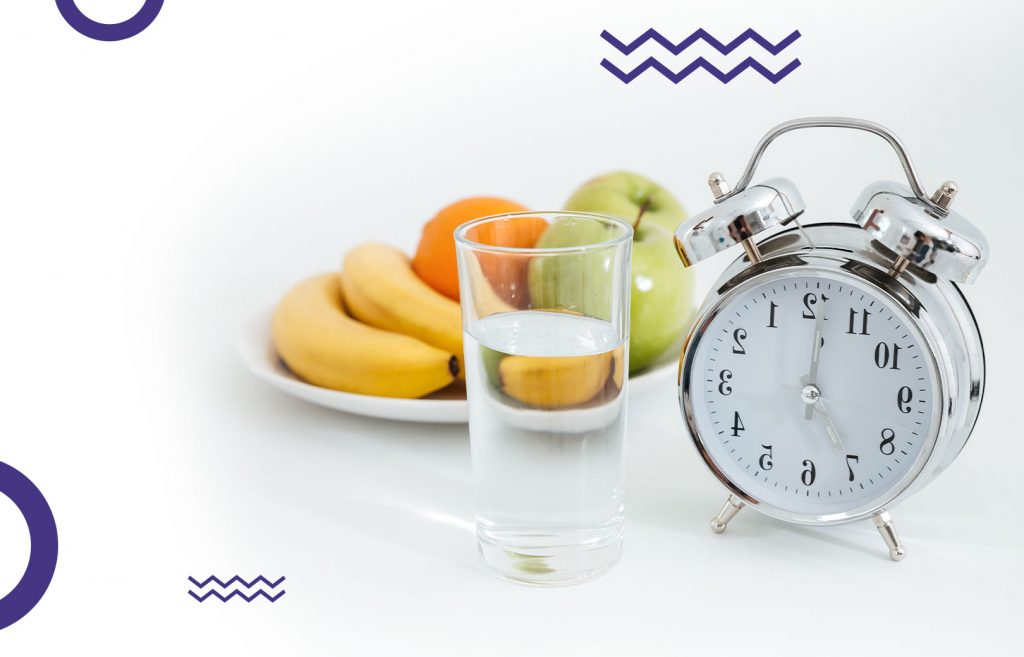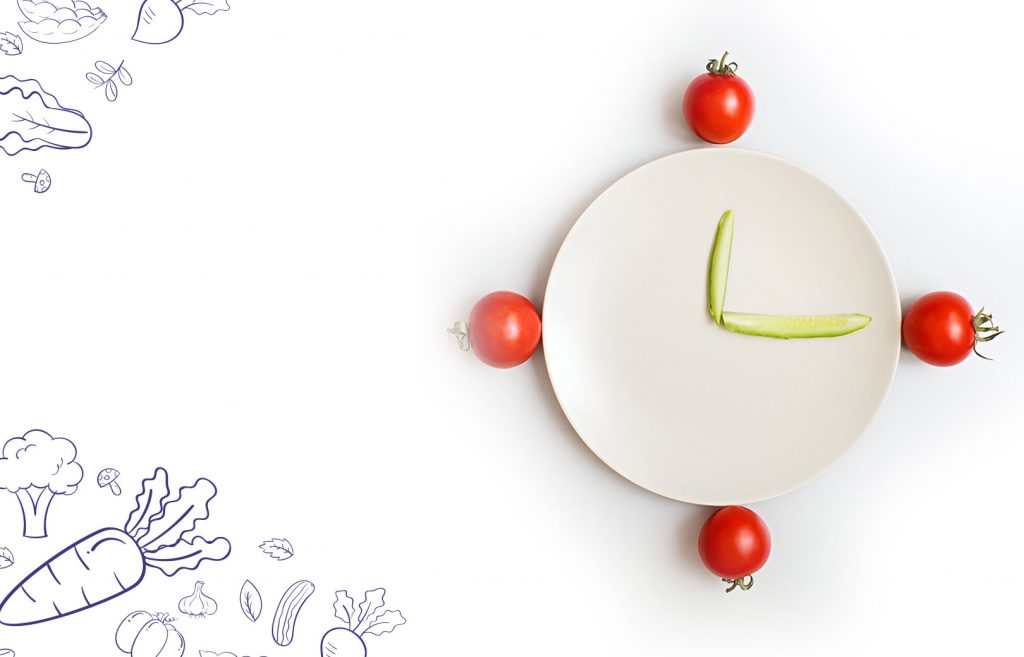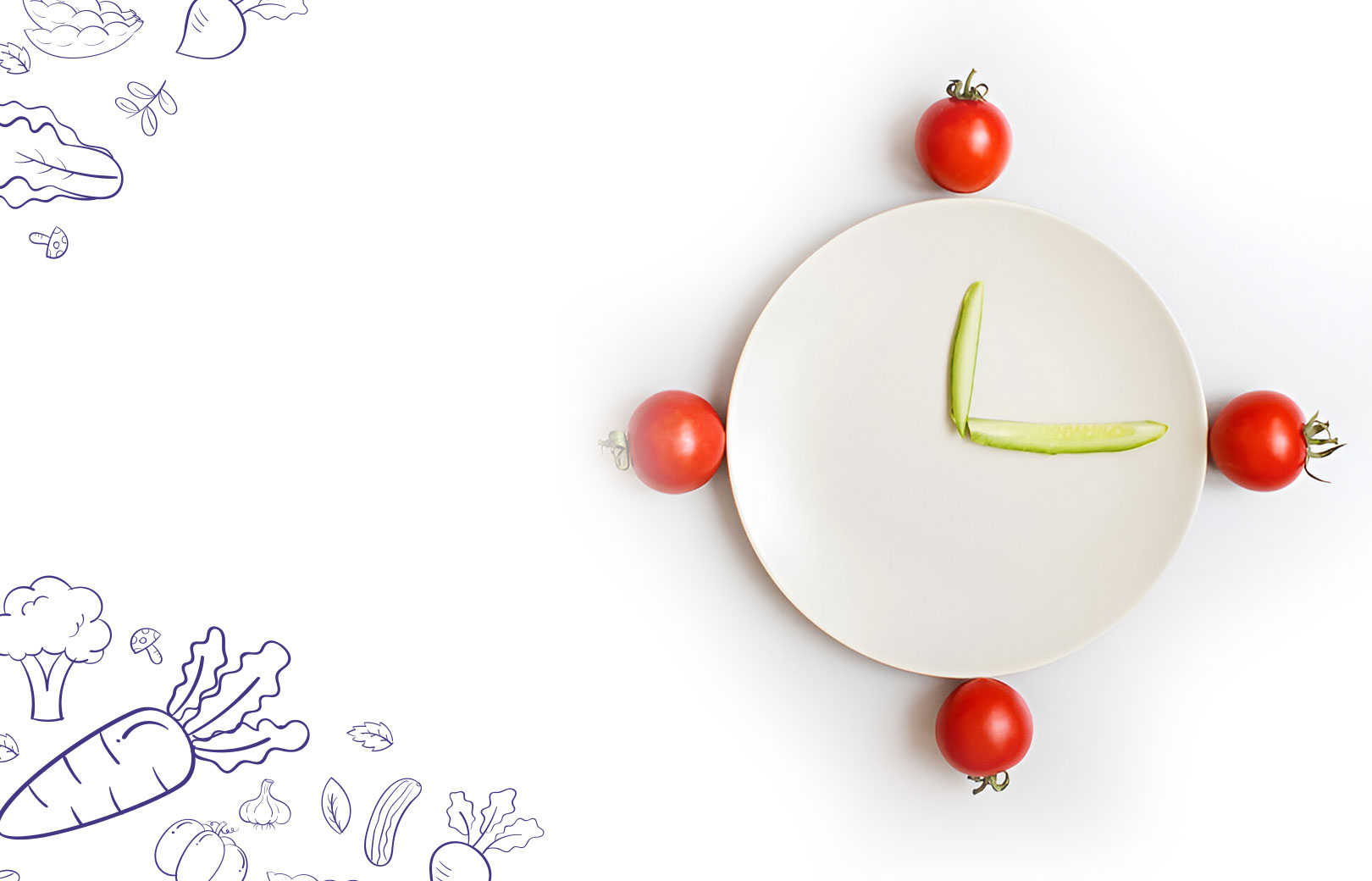
should you eat late at night or before bed? The question of whether eating late at night is beneficial or harmful has been debated by nutrition experts, athletes, and those who simply crave a bedtime snack. Some argue that eating before bed leads to weight gain, while others feel that a light snack can improve sleep quality and prevent midnight hunger. So, should you eat before bed? The answer varies based on individual health goals, the types of foods consumed, and how our bodies process nutrients at night. This guide covers the benefits and downsides of nighttime eating, the best foods to choose if you do snack, and tips for optimal timing.

Understanding How Late-Night Eating Affects the Body
The Body’s Natural Circadian Rhythm
Our bodies follow a natural 24-hour cycle called the circadian rhythm, which influences not only sleep but also digestion and metabolism. During the evening, our body prepares for rest, and certain functions, like digestion, slow down. Eating late can disrupt this rhythm, as the digestive system isn’t as active, which can lead to slower digestion and, in some cases, indigestion or discomfort. By aligning eating patterns with natural rhythms, the body can function more efficiently, particularly in metabolizing food during the day when digestion is more active.
Metabolism and Caloric Processing at Night
There’s a popular misconception that metabolism slows significantly at night, but studies show that the body continues to burn calories even during sleep. While the metabolic rate may slightly decrease as you rest, it doesn’t stop. However, the body does shift its focus to repair and recovery, making protein intake potentially more beneficial for those looking to repair muscles overnight. Eating heavy or large meals before bed may overload this process, affecting how well your body can manage the food intake overnight.
Pros of Eating Before Bed
Improved Sleep for Some People
Eating certain foods before bed can help promote better sleep quality, particularly those that contain sleep-supportive nutrients like tryptophan or magnesium. Tryptophan is an amino acid found in foods like turkey and nuts, which the body converts to serotonin and melatonin—hormones that regulate sleep. Similarly, magnesium is known for its calming effects, so snacks like a banana with almond butter or a handful of nuts can help some individuals sleep more soundly.
Support for Muscle Growth and Repair
For athletes or those focused on muscle gain, having a protein-rich snack before bed can aid in muscle recovery. The body carries out a significant amount of muscle repair during sleep, and a light protein source, such as Greek yogurt or cottage cheese, supplies amino acids to the muscles during this recovery period. This is particularly beneficial for individuals who engage in strength training, as it helps prevent muscle breakdown and supports growth.
Blood Sugar Stability and Nighttime Hunger
Waking up hungry in the middle of the night is a common issue, often caused by dips in blood sugar levels. A small, balanced snack before bed can stabilize blood sugar and prevent these fluctuations, allowing for uninterrupted sleep. Complex carbs paired with a bit of protein, like whole-grain crackers with cheese, offer a slow energy release that sustains the body through the night.
Cons of Eating Late at Night
Potential for Weight Gain and Overeating
One risk of eating late at night is that it can lead to overeating, particularly with snacks that are calorie-dense or high in sugar and fat. Eating out of habit or boredom can increase daily caloric intake beyond what’s needed, making weight management more challenging. Studies indicate that people are more likely to choose less nutritious, high-calorie foods at night, leading to unintended weight gain.
Impact on Sleep Quality
Eating a large or heavy meal before bed can lead to poor sleep quality. Foods that are high in fat or spicy are harder to digest and can cause issues like acid reflux, indigestion, and bloating, which disrupt sleep. To avoid sleep disturbances, experts recommend eating at least 2-3 hours before bed and opting for light, easy-to-digest foods if a late-night snack is necessary.
Influence on Blood Sugar and Insulin Levels
Late-night eating, especially of sugary foods, can lead to blood sugar spikes that affect insulin sensitivity. Over time, frequent late-night snacking on high-sugar foods may affect metabolic health and increase the risk of insulin resistance, particularly for those prone to diabetes. Choosing foods with low glycemic indices, like nuts or whole grains, can prevent these spikes and help keep blood sugar stable overnight.
Best Foods to Eat Before Bed for Health and Sleep
Protein-Rich Snacks for Muscle Repair
Protein is particularly useful for those looking to support muscle repair overnight. Greek yogurt, cottage cheese, and eggs provide easily digestible protein that aids muscle recovery. These foods are filling but not too heavy, making them ideal for a pre-sleep snack without causing indigestion.
Foods Rich in Magnesium and Tryptophan
Foods containing magnesium and tryptophan can help relax the body and prepare it for sleep. Almonds, bananas, turkey, and pumpkin seeds are excellent sources of these nutrients and can make a great pre-bedtime snack. Pairing them with a small carb source, like whole-grain toast or a banana, can further support relaxation and sleep quality.
Low-Sugar and Low-Calorie Options
If you’re looking to avoid a sugar spike, choose low-sugar options like berries, cucumber slices, or a handful of nuts. These snacks are light and won’t interfere with digestion or blood sugar, allowing you to rest without feeling weighed down.
Foods to Avoid Before Bed
Caffeine and Sugary Foods
Caffeine and sugar are stimulants that can keep you awake and reduce sleep quality. Common culprits include coffee, chocolate, and energy drinks. Avoiding these in the evening can help ensure a restful night.
High-Fat and Fried Foods
High-fat foods take longer to digest, and their richness can lead to acid reflux or discomfort. Fried foods like chips or heavy meals high in oils and fats can cause bloating and make it harder to fall asleep.

How Timing and Portion Control Affect Late-Night Eating
Ideal Timing for Bedtime Snacks
Eating your last meal 2-3 hours before bed allows for proper digestion and reduces the likelihood of sleep disruption. If you’re hungry closer to bedtime, choose a light snack and avoid eating too close to when you plan to sleep, as this can lead to issues like acid reflux.
Portion Control Tips for Late-Night Snacking
To avoid consuming too many calories, focus on portion control. Opt for small servings and choose snacks under 200 calories if possible. Pre-portioning your snacks can help control the amount you consume and prevent overindulgence.
Special Considerations: Late-Night Eating for Different Goals
Weight Loss and Metabolism
For weight loss, planning meals to prevent late-night cravings can be helpful. Eating balanced meals throughout the day keeps you satisfied and minimizes the urge for late-night snacking. Focusing on high-fiber, protein-rich foods during the day can also aid in appetite control.
Muscle Gain and Athletic Performance
For athletes or those focused on muscle gain, a high-protein bedtime snack can be a strategic choice. Foods like casein-rich cottage cheese or a protein shake provide a slow release of amino acids that support muscle recovery overnight, especially after strength training sessions.

Frequently Asked Questions (FAQs)
Will eating late at night cause weight gain?
Eating late doesn’t automatically cause weight gain; it’s the type and amount of food that matters. If late-night snacks push your calorie intake beyond daily needs, it may contribute to weight gain.
What are the best bedtime snacks for better sleep?
Foods with tryptophan or magnesium, like almonds, bananas, and cottage cheese, promote relaxation and sleep quality.
How long should I wait to sleep after eating?
Waiting at least 2-3 hours after eating before going to bed helps with digestion and minimizes the risk of acid reflux.
Can late-night eating lead to acid reflux?
Yes, eating too close to bedtime, especially large or fatty meals, can cause acid reflux, making it harder to fall and stay asleep.
Are there benefits to eating before bed?
Yes, eating a small, balanced snack before bed can aid sleep quality, muscle recovery, and prevent nighttime hunger for some individuals.






